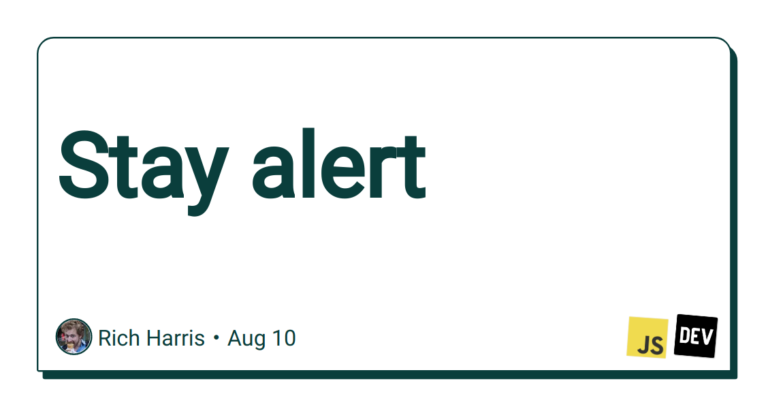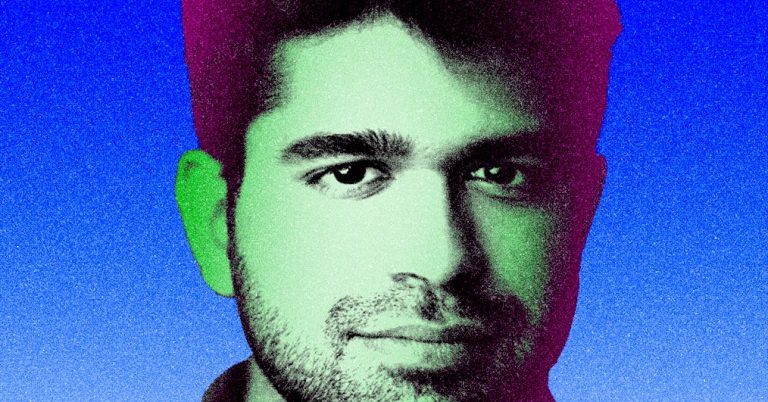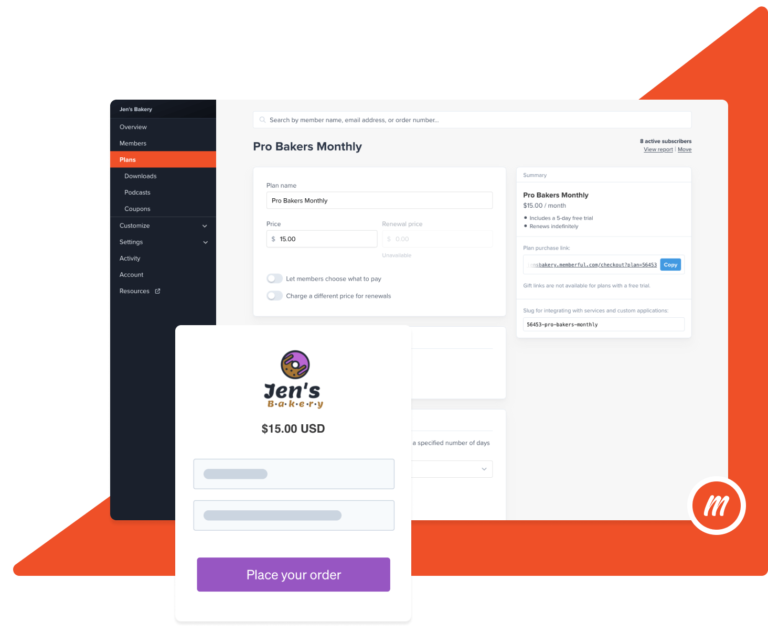
President Joe Biden’s Federal Communications Commission (FCC) isn’t wasting any time trying to get low-income families online. Under acting Chair Jessica Rosenworcel, the FCC is moving to expand a broadband services discount program to cover remote schooling. This couldn’t come fast enough for at least 36 Senate Democrats (and one independent), who on Thursday asked Rosenworcel to use the FCC’s emergency authority to provide that discounted access now. And at least one company, possibly hoping to get into the new FCC’s good graces, has voluntarily doubled the internet speeds on its package for low-income people.
On Monday, the FCC announced it was seeking comment on requests to expand E-Rate, which offers schools and libraries discounts on equipment and services needed to access the internet. With the Covid-19 pandemic forcing many students to do their schooling from home, Democrats have called for expanding the E-Rate program to cover residential connections as well, reasoning that homes have become classrooms and are therefore eligible. Millions of students don’t have adequate internet in their homes, forcing them to use mobile phone data and even internet from nearby fast food restaurants. So discounted home internet services could help quite a bit.
“It’s clear that a priority for the Biden-Harris administration and its FCC is going to be getting robust broadband to every household in the US,” Gigi Sohn, a distinguished fellow at the Georgetown Institute for Technology & Law Policy, told Recode. “It’s a social justice issue, it’s an economic issue, it’s a health care issue, it’s an education issue, it’s a democracy issue. In other words, broadband internet access enables all of the administration’s top priorities.”
But previous FCC Chair Ajit Pai repeatedly denied calls to consider the expansion. Instead, he asked companies not to cut Americans off from the internet if they couldn’t pay their bills, waive any late fees, make their wifi hotspots free, and consider adopting programs for low-income people. Then, Pai had to hope that the companies would say yes to these suggestions. Rosenworcel, on the other hand, is a vocal proponent of E-Rate expansion, so it’s no surprise that she’s moving quickly here.
Thirty-seven senators are now asking Rosenworcel to interpret E-Rate to include homes where students are doing remote learning, which would make them eligible to receive its benefits immediately, assuming Congress passes necessary legislation to make enough funds available to cover the increased cost.
“Contrary to your predecessor’s assertions, the FCC has always had clear emergency authority to utilize existing E-Rate funding to connect students learning online during the coronavirus pandemic,” the senators wrote. “The statute authorizing this program does not preclude the FCC from freeing funds to connect students’ homes during the current crisis.”
One of the many signatories on the letter — all Democrats except for Angus King (I-ME) — was Massachusetts’ Ed Markey, who wrote the 1996 bill that created E-Rate in the first place and has been pushing for months for an expansion.
Perhaps sensing which way the wind is blowing (and under pressure from student activists), Comcast announced on Tuesday that, starting in March, it will double the download speeds on its Internet Essentials package to 50 Mbps download and bump the upload speed to 5 Mbps for no extra cost. Currently, Comcast offers 25 Mbps download and 3 Mbps upload speeds for $9.95 per month to people who are on government assistance. That’s the bare minimum to meet the FCC’s standard for broadband speed, and it’s actually an increase over the 15/2 Mbps Comcast offered before the pandemic hit.
The FCC’s 25/3 Mbps standard has been in place for the last six years and the entirety of Pai’s tenure, despite the changes in what the internet offers and what people use it for, and despite repeated calls to raise the standard. Some of those calls came from Rosenworcel, who argued that necessary services like telemedicine and school need faster speeds, especially when multiple people are using them. She has advocated for a download speed baseline of 100 Mbps.
Comcast isn’t going that far, but its 50/5 Mbps — and the timing of its announcement — suggest that it’s paying very close attention to how the new FCC will regulate its business, and possibly hoping to get on its good side with these proactive changes. It’s safe to say that Comcast understands that Pai’s “light-touch framework” days are over.
In addition to the E-Rate expansion, the FCC is also accepting requests for comment from the public about its Emergency Broadband Benefit Program, part of the Consolidated Appropriations Act, which offers discounts of up to $50 on broadband services and equipment. While Sohn says the latest moves are a good sign, much more is still needed to close the digital divide.
“That includes the FCC, other federal agencies, the states, localities, philanthropy, digital inclusion advocates, and industry,” Sohn said. “As the industry will readily admit (and did admit by supporting the $50 emergency broadband benefit), it can’t close the digital divide itself.”
Open Sourced is made possible by Omidyar Network. All Open Sourced content is editorially independent and produced by our journalists.






